Rail passengers protest fares hike at 100 stations
Demonstrations held across England and Scotland after cost of travel increases by 2.3%
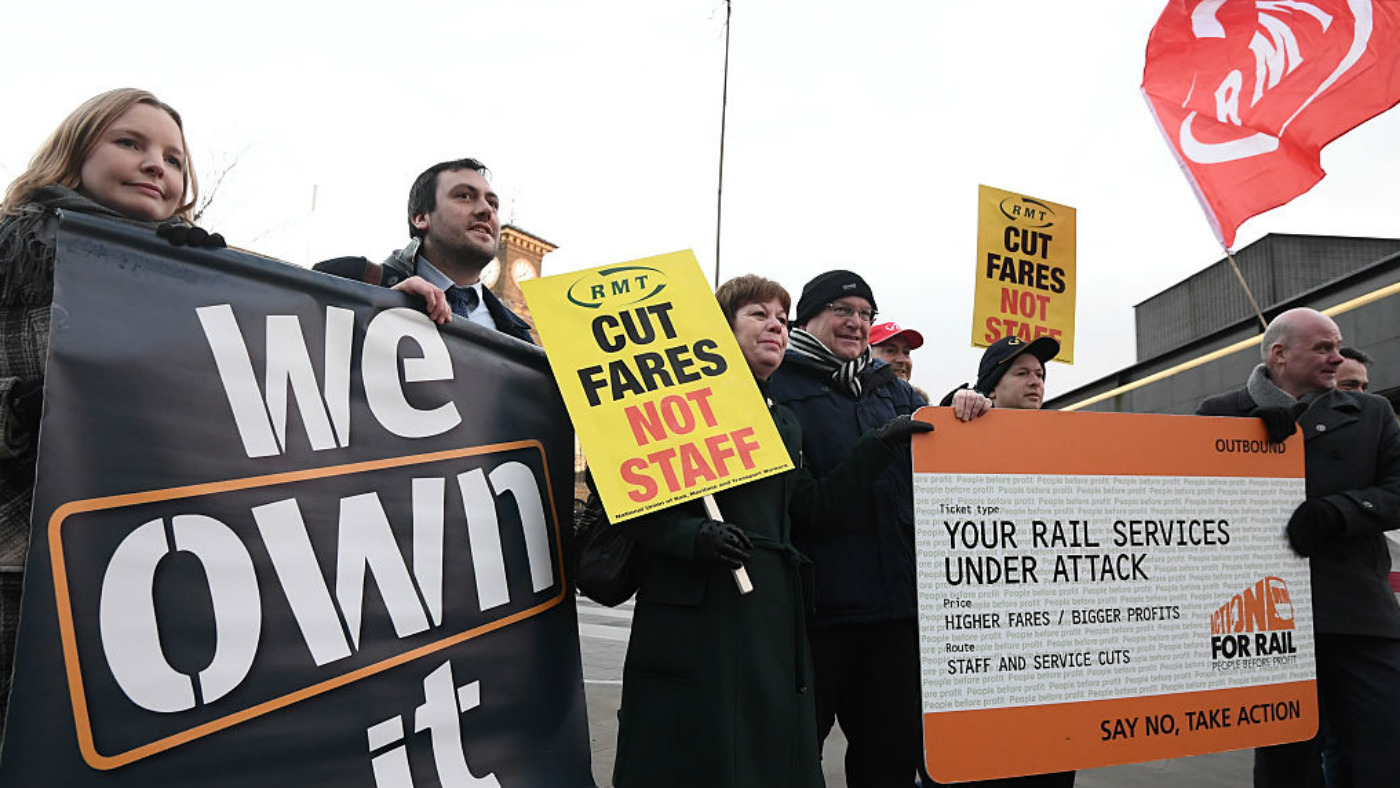
A free daily email with the biggest news stories of the day – and the best features from TheWeek.com
You are now subscribed
Your newsletter sign-up was successful
Rail strike: 90% of trains may be cancelled
21 May 2015
A rail strike due to begin on Monday evening could result in the cancellation of more than 90 per cent of British train services, leaving Gatwick airport without a rail link and severing the rail link between England and Scotland.
Virgin Trains has already cancelled all services on Monday and Tuesday and advised people who had already bought tickets to travel on Sunday or Wednesday. South West Trains, which runs services into London Waterloo, has cancelled all trains scheduled for Tuesday, and other rail companies are preparing contingency plans.
The Week
Escape your echo chamber. Get the facts behind the news, plus analysis from multiple perspectives.

Sign up for The Week's Free Newsletters
From our morning news briefing to a weekly Good News Newsletter, get the best of The Week delivered directly to your inbox.
From our morning news briefing to a weekly Good News Newsletter, get the best of The Week delivered directly to your inbox.
Talks between Network Rail and union leaders are continuing for a fourth day at Acas, the employment conciliation service, amid hopes that the rail strike may be averted.
"It is understood senior Network Rail executives tabled a new pay offer to union leaders at talks at Acas on Thursday, and a deal may be close which would avert strike action," The Guardian reports. "The original four-year deal froze salaries at inflation and did not extend guarantees against feared job losses until beyond 2016."
Members of the largest rail union, RMT – which includes signallers, maintenance staff and station workers – have said they will walk out for 24 hours from 5pm on Monday 25 May until 4.59pm the following day. They will also refuse to work any overtime for 48 hours all day on Monday 25 and Tuesday 26 May.
Unite and the TSSA union also joined the strike, but the BBC reports that the TSSA has accepted the new pay deal and called off its walkout. The TSSA has only one fifth the number of members as the RMT, so a strike involving only the larger union would still have a significant effect.
A free daily email with the biggest news stories of the day – and the best features from TheWeek.com
The industrial action, which results from a dispute about pay and jobs, would be the first national rail strike in 20 years.
Network Rail has pledged to do everything to "keep our railways moving", but one union official warned that "services will be at a standstill" next week.
Network Rail owns and manages some of the UK's biggest and busiest stations, including Reading, Manchester Piccadilly, Glasgow Central and ten major stations in London.
The Guardian notes that the threat of a national rail strike poses the "first big industrial relations test for the Conservative party", which is considering imposing restrictions on public sector strikes. According to City AM, RMT members' four-to-one vote in favour of industrial action is "well above the planned 50 per cent threshold proposed by the new government as part of union ballot reforms".
Writing in The Times, Oliver Kamm says the effectiveness of strikes as a bargaining tool is rapidly diminishing.
"Even a transport strike, which directly affects millions of commuters, does less damage to an economy in an age of widespread virtual working," he says.
However, the effects of this weekend's walk-out are likely to be widespread. The rail strike is likely to affect football fans leaving Wembley after the Championship play-off final, in which Middlesbrough will play Norwich City at 3pm on Monday. Spectators could clock up 29.4 million miles between them if they are forced to drive to the match, according to estimates from AA.
Thousands of Take That fans will also be trying to get home from a concert at Manchester Arena on Monday night.
But the union has warned that the biggest impact will be on Tuesday, when commuters will be returning to work after the bank holiday weekend.
The Centre for Economics and Business Research said that the rail strike would cost the British economy £600m if it went ahead. "Construction and retail industries will be especially hard hit, as they can not make up the lost time like others," a spokesman said.
Rail strike: workers' vote sparks fear of travel chaos
12 May 2015
Network Rail workers have voted to strike over a pay dispute with employers, raising the prospect of nationwide travel disruption.
On a 60 per cent turnout of the RMT union's 16,000 members, 80 per cent voted to strike, while 92 per cent voted for action short of a strike.
Members had already rejected a four-year pay offer, which included a one-off £500 bonus but no pay rise this year, with future rises limited to RPI inflation until 2019.
Mick Cash, the RMT's general secretary, said the "massive mandate for action" shows the "anger of safety-critical staff across the rail network at attacks on their standards of living and their job security".
Cash indicated that the union was still open to talks, even though the two sides failed to agree terms at the Advisory, Conciliation and Arbitration Service (Acas).
"It is now down to Network Rail to start taking this issue seriously, to understand the deep-seated grievance felt by their staff and to come forward with a renewed offer which protects pay and jobs," he said.
The Guardian points out that "any industrial action is likely to lead to widespread disruption on the railways".
Returning as Transport Secretary in David Cameron's new Cabinet, Patrick McLoughlin today said rail passengers "will not thank the unions for inflicting this unnecessary disruption" and urged both sides to resume talks.
"I condemn any industrial action that disrupts the travelling public. I want to see Network Rail and the unions back round the negotiating table, hammering out a deal," he said.
Network Rail's chief executive Mark Carne accused unions of "holding the country to ransom" and pledged to do everything to "keep our railways moving during these times of uncertainty".
The result of the ballot was revealed within hours of new Business Secretary Sajid Javid announcing that the government would press ahead with legislation to prevent public sector strikes without the backing of at least 40 per cent of all workers eligible to vote.
-
 ‘Poor time management isn’t just an inconvenience’
‘Poor time management isn’t just an inconvenience’Instant Opinion Opinion, comment and editorials of the day
-
 Bad Bunny’s Super Bowl: A win for unity
Bad Bunny’s Super Bowl: A win for unityFeature The global superstar's halftime show was a celebration for everyone to enjoy
-
 Book reviews: ‘Bonfire of the Murdochs’ and ‘The Typewriter and the Guillotine’
Book reviews: ‘Bonfire of the Murdochs’ and ‘The Typewriter and the Guillotine’Feature New insights into the Murdoch family’s turmoil and a renowned journalist’s time in pre-World War II Paris
-
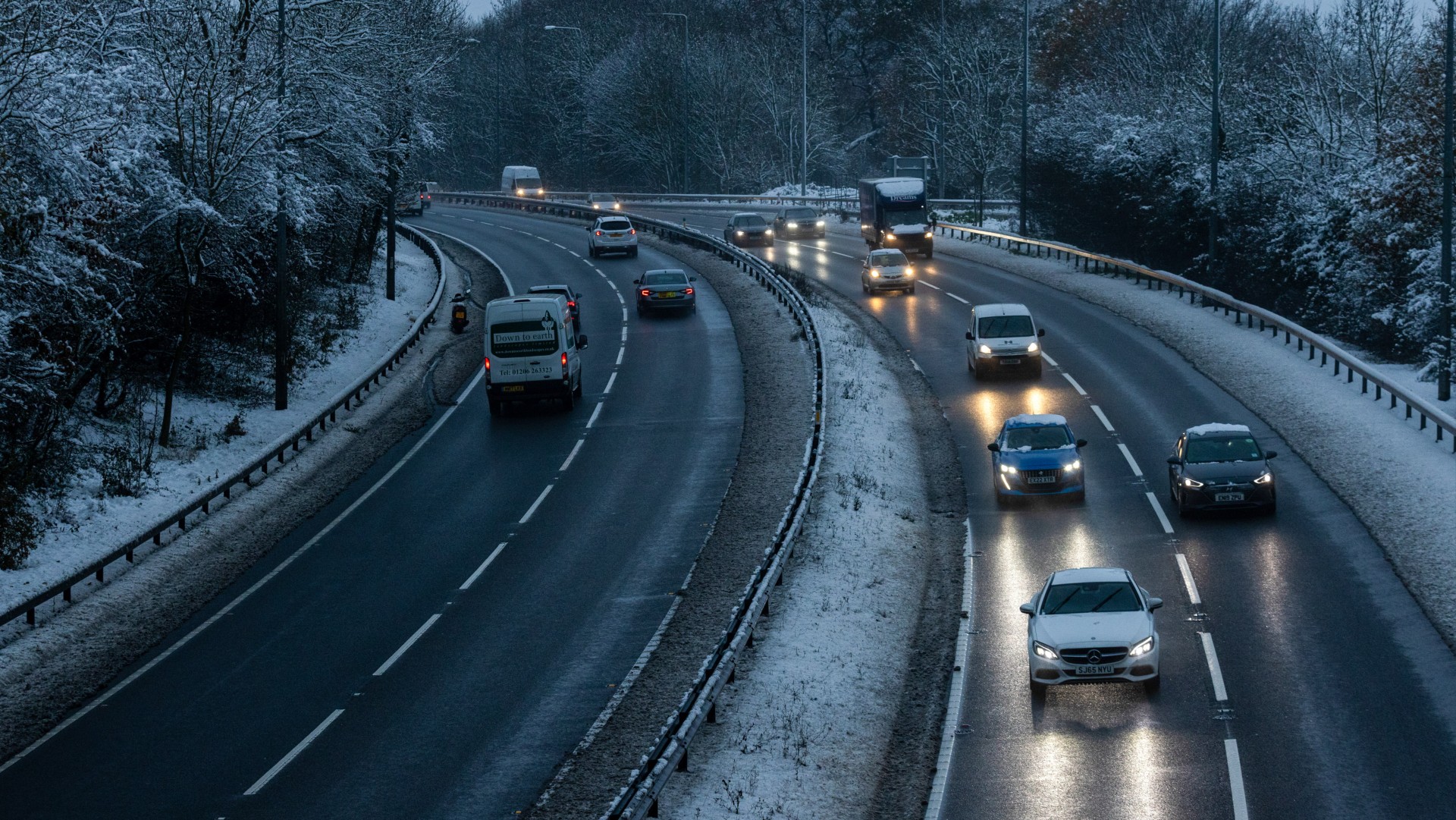 Driving home for Christmas: 20m UK car journeys expected this week
Driving home for Christmas: 20m UK car journeys expected this weekSpeed Read First Covid-free Christmas in three years plus rail strike means this year’s festive getaway ‘set to be biggest ever’
-
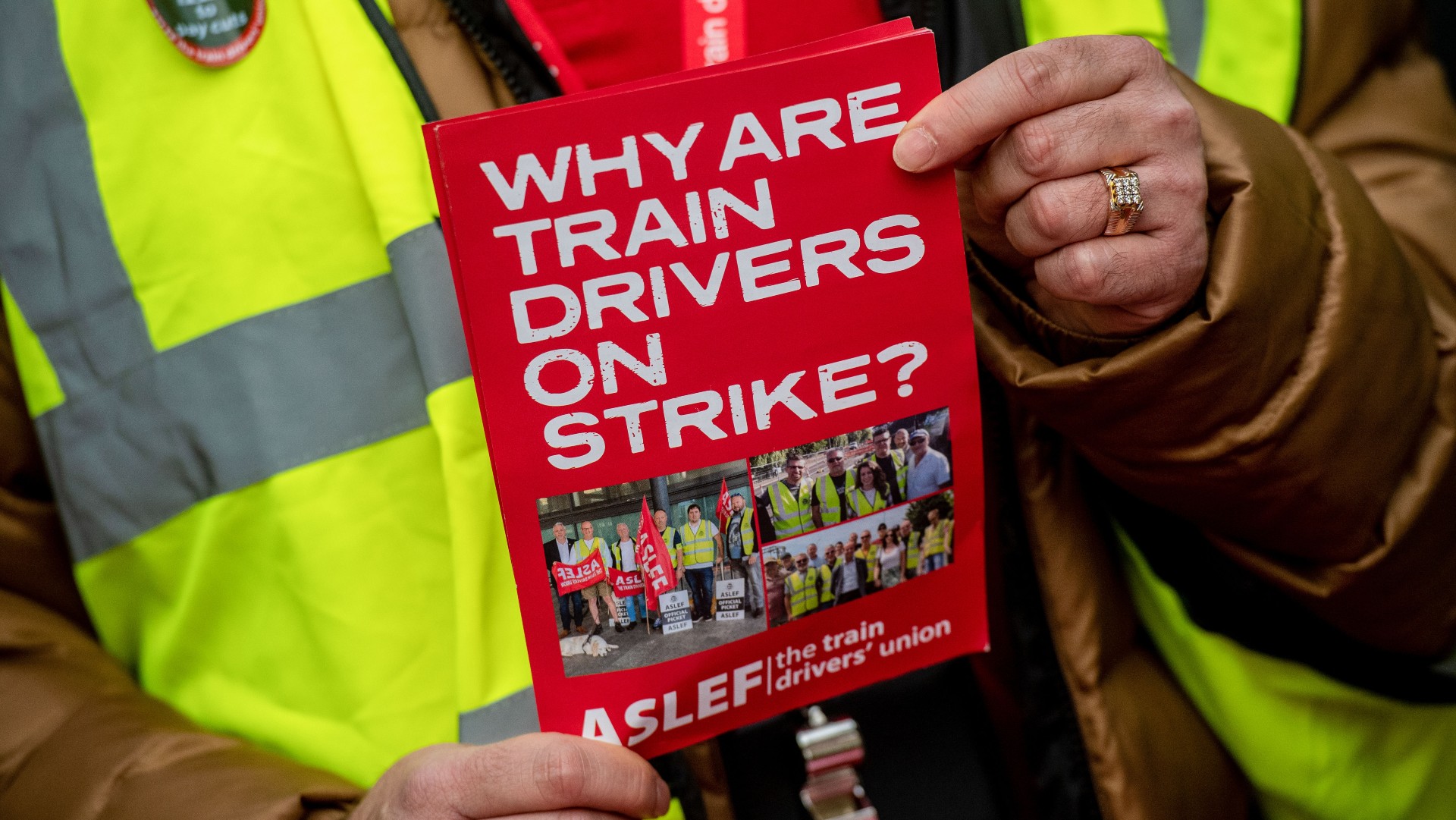 Rail strikes: whose side is the public on?
Rail strikes: whose side is the public on?Talking Point Opinion split over who is to blame for month of train disruptions following failed talks between transport officials and unions
-
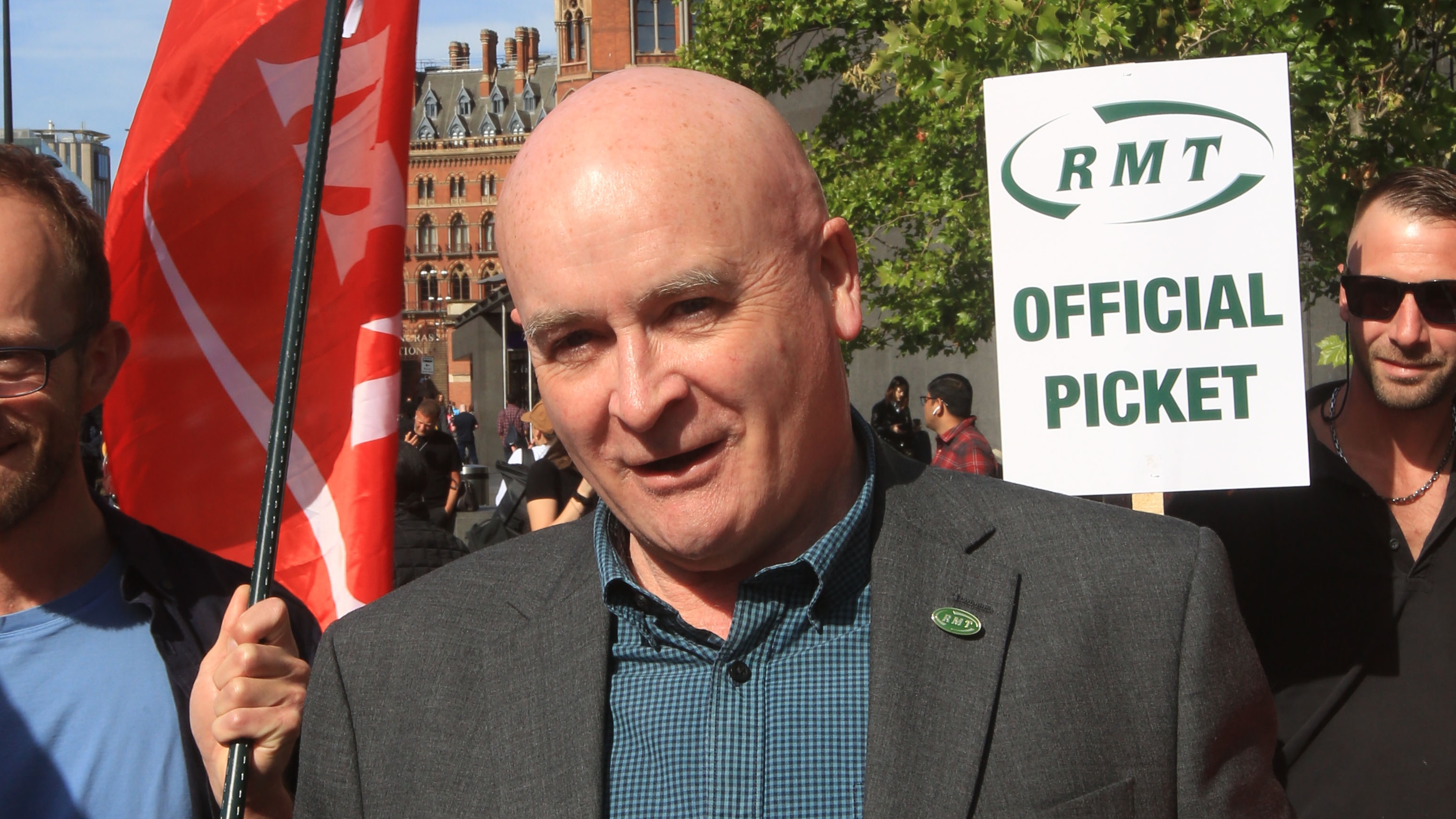 Mick Lynch: the veteran trade unionist leading rail walkouts
Mick Lynch: the veteran trade unionist leading rail walkoutsIn the Spotlight The RMT has reportedly balloted for strike action 200 times under Lynch’s leadership
-
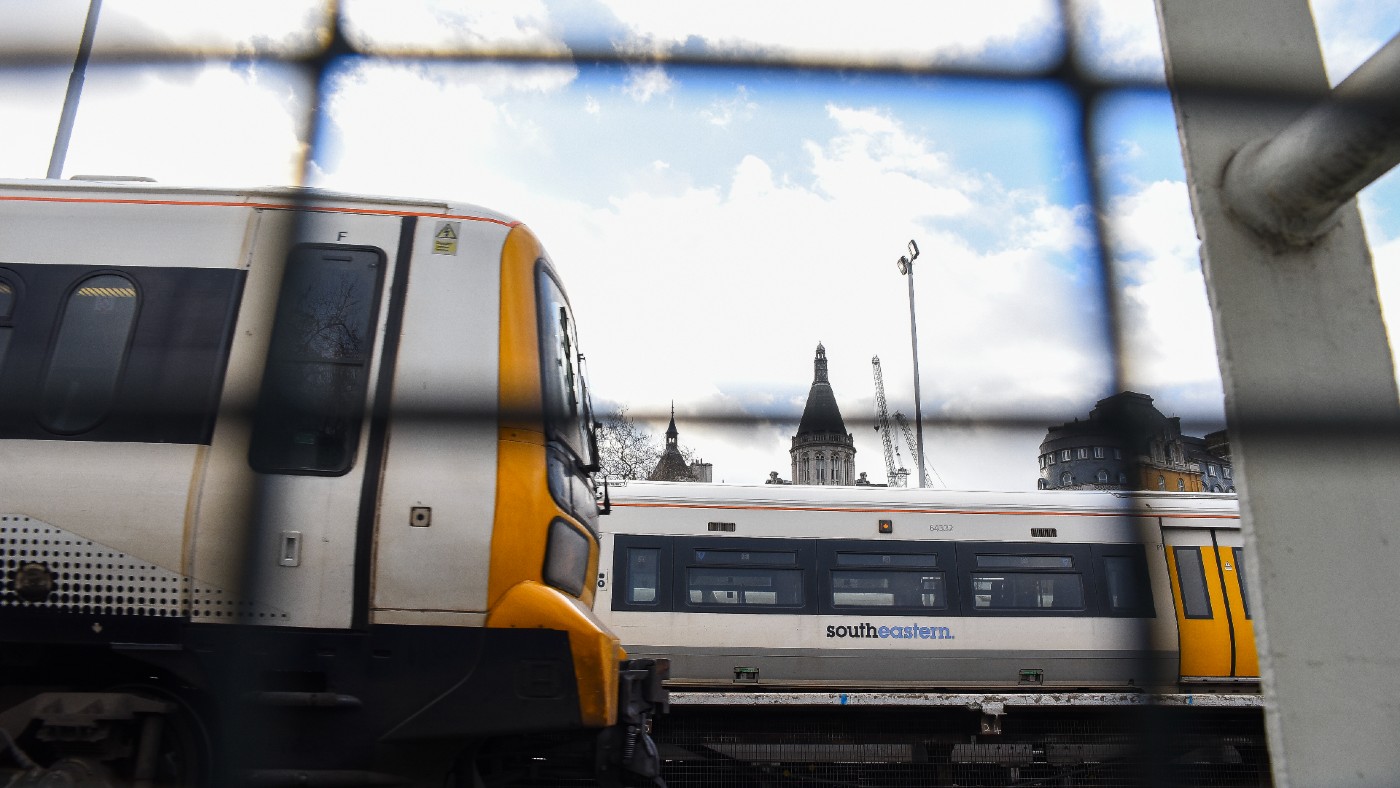 Rail strikes: is Britain on track for a ‘summer of discontent’?
Rail strikes: is Britain on track for a ‘summer of discontent’?Speed Read The ‘biggest rail strike in modern history’ is planned for next week
-
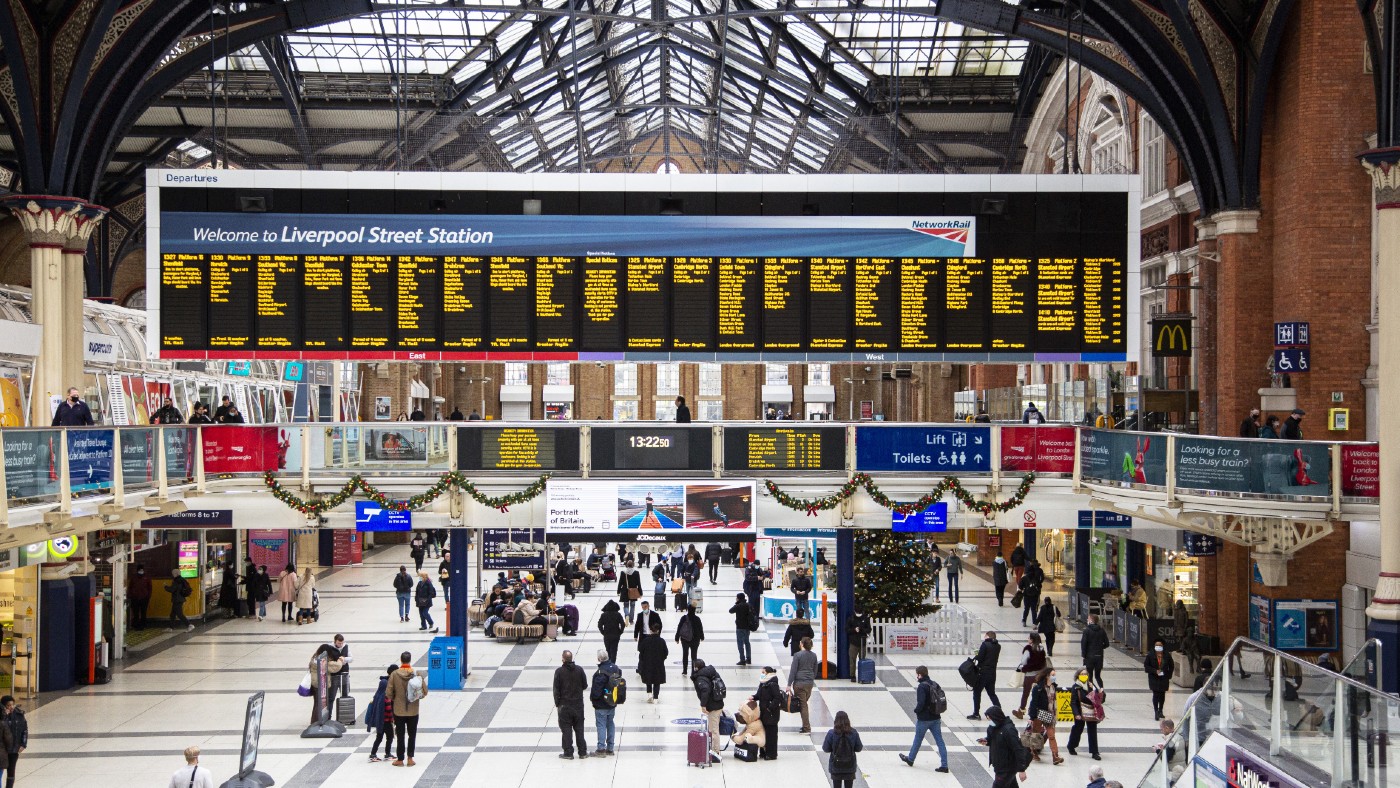 ‘See it. Say it. Sorted’: is it the end of the line for train announcements?
‘See it. Say it. Sorted’: is it the end of the line for train announcements?Speed Read The transport secretary has pledged a ‘bonfire of the banalities’ on England’s railways
-
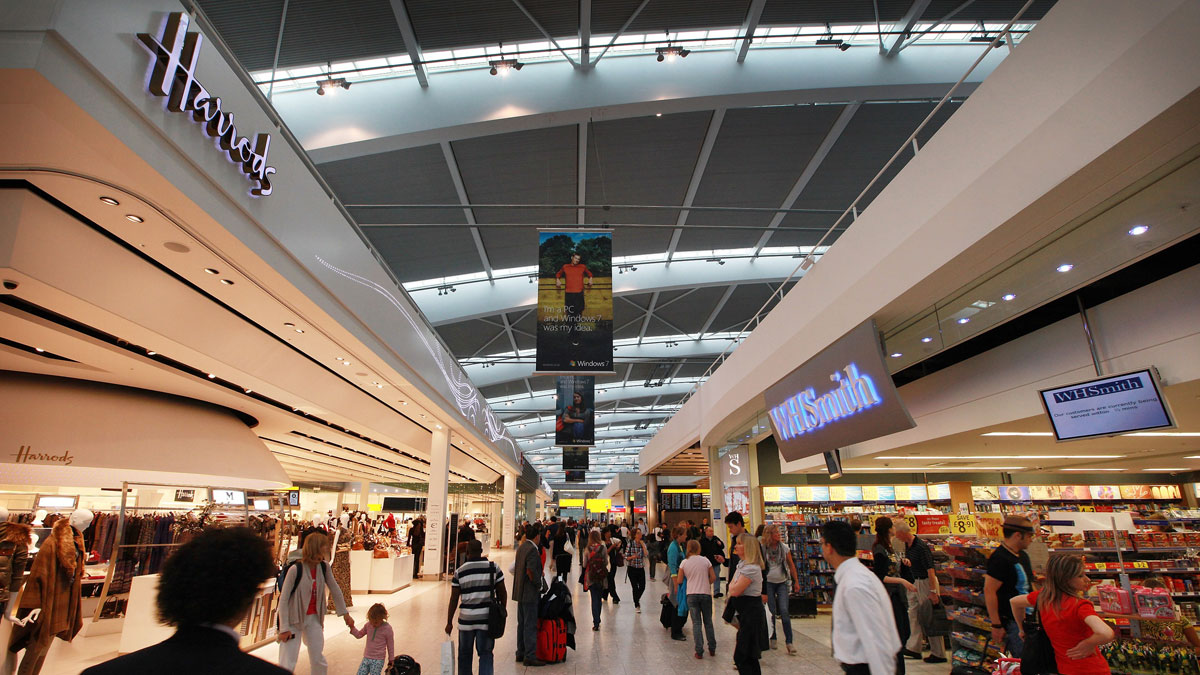 UK to bring in airport Covid tests for arrivals
UK to bring in airport Covid tests for arrivalsSpeed Read MPs call for stricter border measures as South African variant of coronavirus spreads
-
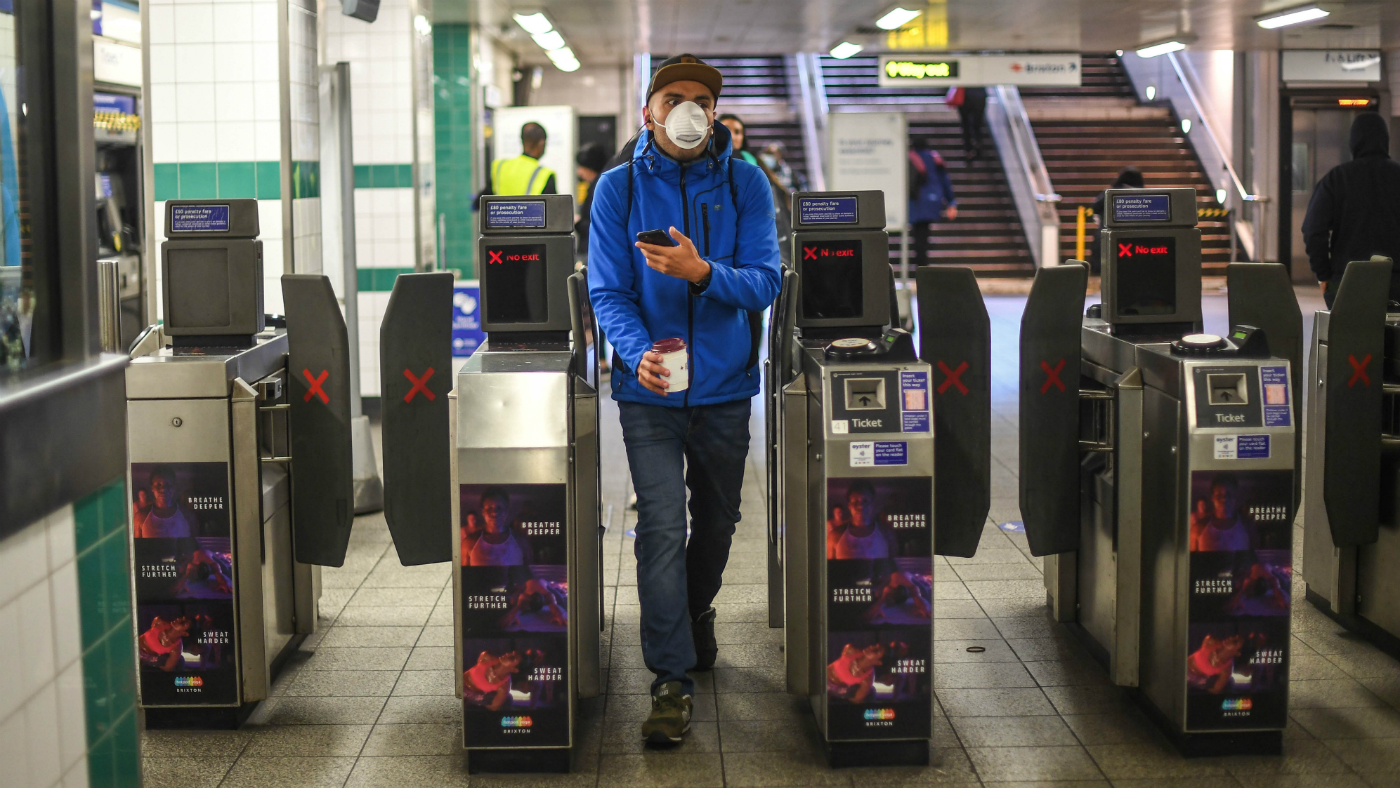 UK records biggest jump in transport use since pandemic began
UK records biggest jump in transport use since pandemic beganSpeed Read Monday rush hour sees spike in commuters across country as trains return to 90% of pre-coronavirus services
-
 Coronavirus: what are the odds of catching Covid-19 on a plane?
Coronavirus: what are the odds of catching Covid-19 on a plane?Speed Read Studies suggest air travel is safe despite concerns about air quality